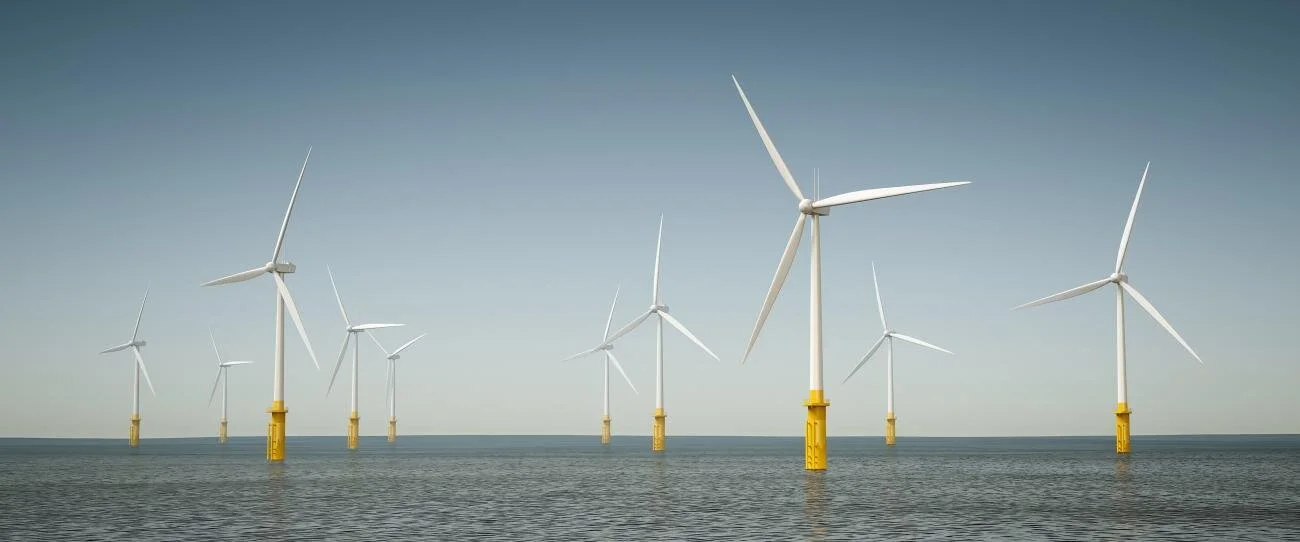OFFSHORE WIND PROPOSED ALONG THE CENTRAL COAST
Environmental Defense Center, originally published in EDC’s Spring 2021 Newsletter
From its founding, the Environmental Defense Center has been a stalwart leader in statewide efforts to rid our coastline of offshore oil. We have championed laws, policies, and grassroots efforts to ensure that the Santa Barbara Channel and beyond is protected from the devastating impacts of oil spills. We do this work to protect a livable climate and to stand for the health of our communities. To complement this effort, EDC has also worked to support renewable energy to help our communities transition from fossil fuels to clean energy, such as the Lompoc Wind and Cuyama Solar projects. We see this as a vital part of our fight for the protection of threatened plants and animals on and off our shores, and to ensure that future generations will be able to enjoy this beautiful place we treasure.
We must both stop fossil fuel extraction along our coast to protect the marine environment and respond to our current climate crisis, as well as support a just transition to renewable energy. So, for the past five years, EDC has led our region’s efforts to develop responsible offshore renewable energy.
The time for developing wind power off our coast has come. To make a difference for our climate and people living on the Central Coast, we must move floating offshore wind projects forward. But, as we do so, we need to protect migrating blue whales, brown pelicans, Pacific leatherback sea turtles, and other marine life. EDC has been a leading nonprofit voice in highlighting the importance of identifying how offshore renewable energy projects may interact with and affect marine life and habitat, and how to avoid or mitigate those potential impacts. Any project developed should be sited in federal waters (preferably 20 or more miles offshore). EDC is working closely with state and federal agencies, nonprofits, and the wind industry itself to advance progress. Wind power projects developed off the Central Coast will require new technology for floating turbines, and we need all these voices around the table to move projects forward responsibly. EDC’s priority is to ensure project proposals are considered using the best available science, are sited in locations with the least impacts on the marine environment and conflict to other ocean users, and that energy is produced in a way that does least harm to impacted species and habitat.
In April, EDC hosted an informational webinar during which its Marine Conservation Program Director, Kristen Hislop, discussed the basic functionality of floating offshore wind turbines, impacts to marine life and other ocean users, and EDC’s ongoing work to ensure projects are sited and designed to minimize impacts. A recording of the webinar is available on EDC’s Youtube page: https://youtu.be/WhMw_shNEpA.


